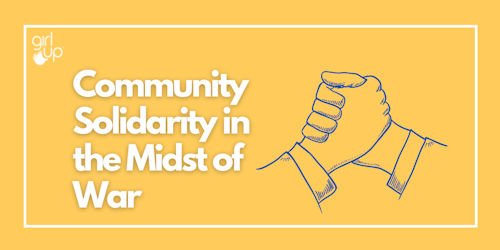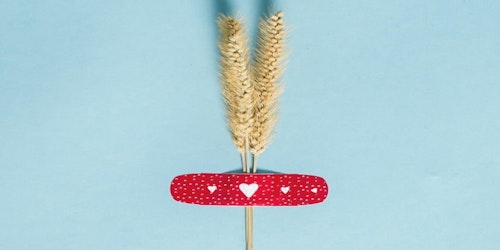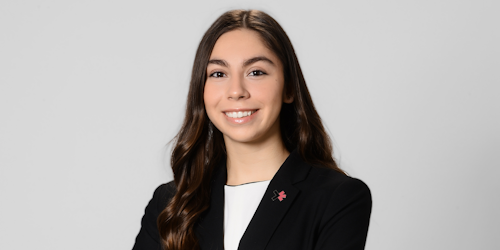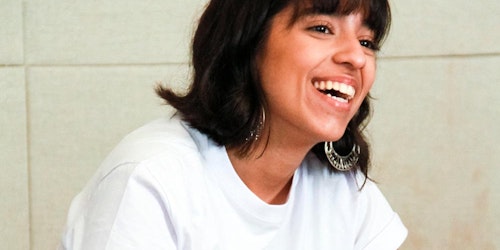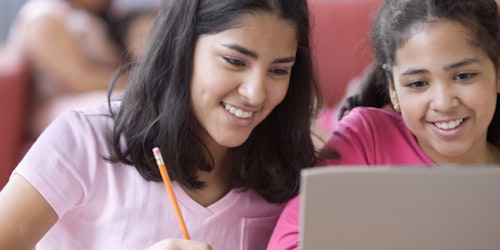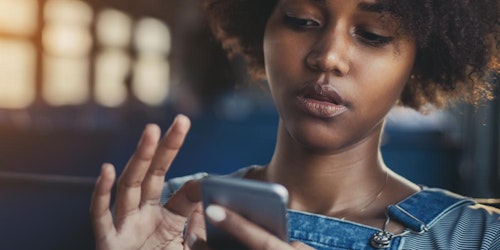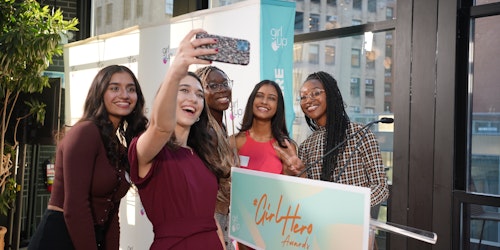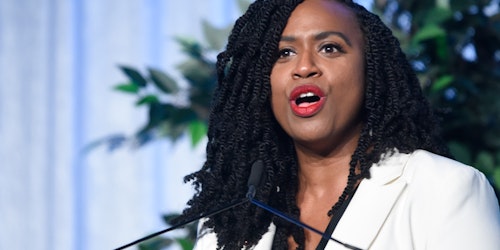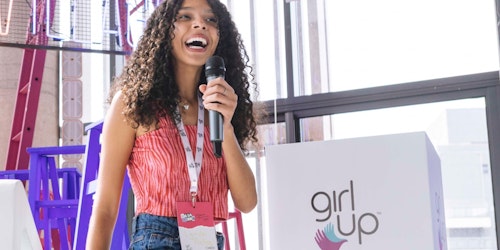It was just like any other day. A classic Monday morning where I was forced to get out of bed and head to university. I reluctantly sat up, sighed, and grabbed my phone to turn off the alarm. That is when I saw the notifications pouring into my phone. ‘Breaking News!‘ I read on Twitter, ‘Earthquake in Kahramanmaraş!‘ Of course, I was worried that there might have been loss of life or property. Yet, I was used to waking up to the news of earthquakes since I was born and raised in Türkiye, a country that is sadly prone to them. Therefore, after checking on my immediate family—who are not living near Kahramanmaraş—I carried on with my day. I ate breakfast, dressed, and went to my International Relations 101 class as if nothing out of the ordinary had happened. In class, people were barely talking about the earthquake. It seemed like no one had much information on the impact of what had happened, just that something had gone wrong.
Yet, as I entered the cafeteria for lunch later that day, people’s hushed whispers had begun to turn into loud hums. What had happened in the South was far greater and more devastating than we had initially imagined. As I waited in the lunch line, one of my friends answered her persistently ringing phone to learn that her friends’ families were trapped under the rubble. ‘What exactly was going on?’ reverberated inside my head. In the ten minutes between the phone call and the time we reached our table, the message came: They had not survived the rubble.
I could feel it in my bones: In seconds, life as we knew it had stopped in our country. Hopes and dreams had slipped away. I could feel my heart beating fast and the blood draining from my face. As I was just beginning to grasp the devastating intensity of the earthquake that had taken place in the morning, I felt the ground shake. Was it something I made up in my head from the stress of the event or was it an aftershock? Twitter notifications started pouring in again. While conflicting news was being reported amidst the chaos in real-time, I later found out that I had felt a new earthquake at 1:24 PM. I cannot forget the moment when we realized that the headline ‘Half of Hatay Destroyed’ was not an expression like the one we often use in Turkish, but that half of our beautiful city had literally disappeared into the ground.
Maybe they did not lose any of their relatives bound by blood, but everyone had brothers and sisters in those cities to whom they were bound by our homeland.
My friends and I knew we could no longer sit with our hands tied and decided to go to the market to buy supplies for the earthquake victims. Reality hit us once again as soon as we entered the university’s supermarket. Everyone was emptying canned goods from the shelves, clearing out hygiene products, and loading empty boxes into cars. Panic was everywhere; it continued the next day and the day after.
For many university students, a sense of duty that came from within had us getting up at the first light of morning to go to the earthquake aid centers to help in any way we could. For a week straight, we were repairing boxes until they were usable, packing them with food and clothes, loading them onto trucks, and then sending them to 10 cities affected by the earthquakes. Thousands of young people worked outside all day in Ankara’s snowy weather as if their lives depended on it; which, in a way for some, it did. Maybe they did not lose any of their relatives bound by blood, but everyone had brothers and sisters in those cities to whom they were bound by our homeland. The catastrophe we were experiencing imbued us with collective strength. Countless young people formed long lines carrying aid packages weighing as much as our own body weight.
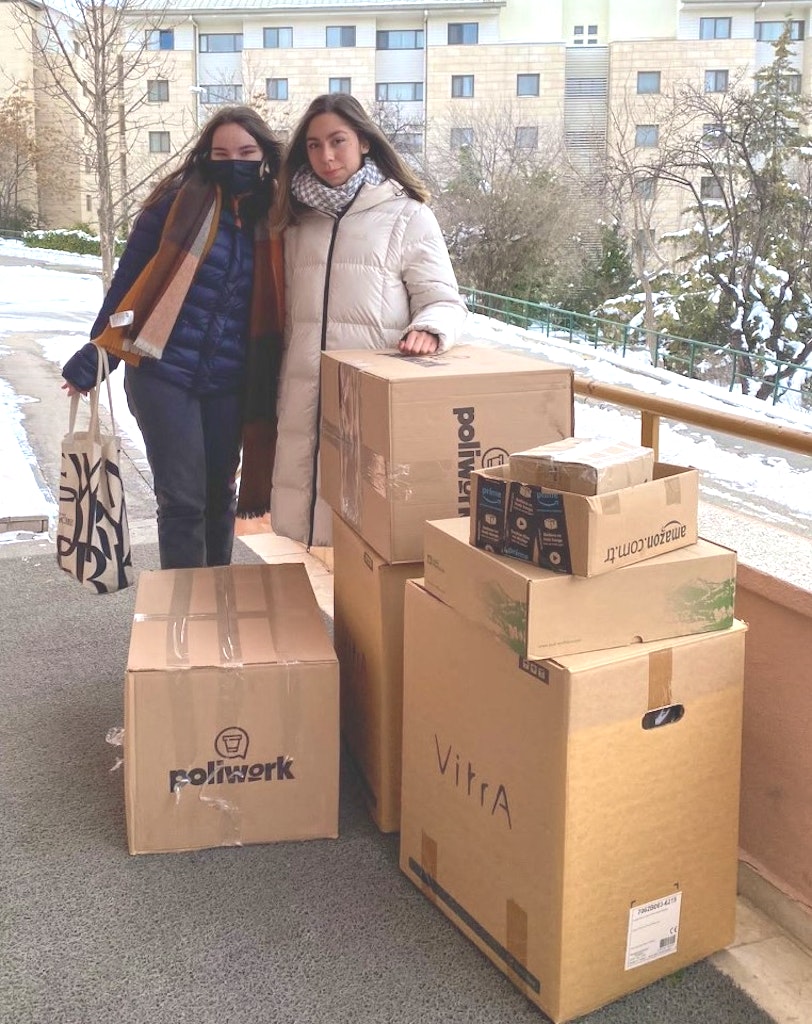
However, with that strength also came guilt. Even when we were tired, we refused to take a break, thinking we would be failing our earthquake-stricken brothers and sisters waiting for our help. Even when I was cold, I refused to put on my coat, feeling like I did not deserve to be warm when thousands of people out there were freezing to death. Even when I was hungry, I could not eat out of the guilt of having options to choose what I wanted when thousands were dying of hunger. Entering my cozy room at the end of these long days made me feel horrible and insufficient as I thought of the young people in the field sleeping in tents, cars, or outside. I could not pull the quilt over me, as if it were the ruins of the buildings miles away from me, as if it would take me under, as if it would take my breath away, too.
We cannot renominate the masses of young volunteers on the ground who put all of their heart and energy into supplying the earthquake survivors with the things we take for granted: water, food, toilet, and electricity. Yet, it’s clear that dropping everything to help was not just an ‘act of kindness’ for the Turkish people.
One’s loss is ours, one’s survival is ours, and one’s hope is ours. We are all one heart.
Ways You Can Help:
- Girl Up Angora Club fundraiser: This Girl Up Club in Türkiye is raising money for the AFAD (Disaster and Emergency Management Presidency) and Kızılay (Turkish Red Cross).
- Check your country’s Turkish Embassy or Consulate to see if they have any ongoing aid efforts you can support. Girl Up SBHS hosted a donation drive for items to aid the earthquake survivors and gave the collections to the Turkish Embassy in Washington, D.C.
- Organize a local event in your community and donate the proceeds, or supplies, to one of the above relief efforts. Girl Up AIP hosted a college application prep workshop where the registration fees were donated to organizations on the ground.
- UN Crisis Relief fundraiser: The United Nations and partner organizations are providing emergency relief, food, medical supplies, thermal blankets, and other life-saving items to the affected areas.
- UNHCR fundraiser: UNHCR continues to provide shelter and core relief items to those affected by these devastating earthquakes.
- Donate to local Turkish organizations assisting on the ground:
- ÇYDD: Supporting students affected in the region
- We Need to Talk Association: Providing urgent & long-term hygiene product needs
- İhtiyaç Haritası: Aiding and allocating recovery & relief efforts
- Spread awareness. Share this blog and these resources with your community to continue gathering support for this ongoing crisis.
Selin O. is a global gender equality activist from Türkiye. She is one of the 300 globally selected National Gender Youth Activists for UN Women, a HeForShe Advocate for UN Women, and a member of the Global Feminist Coalition for Gender Transformative Education hosted by UNGEI and Unicef. Selin is the founder of the first Girl Up Club in Türkiye, Girl Up Istanbul, and the founder of Girls Who Code in Türkiye. Currently, she is a Youth Board Member at State of Youth hosted by Kids Rights and Youth Ambassador of WAVE supported by the European Union. Selin continues her studies at Bilkent University as a freshman of International Relations.
The views and opinions expressed in this blog are the writer’s own.
